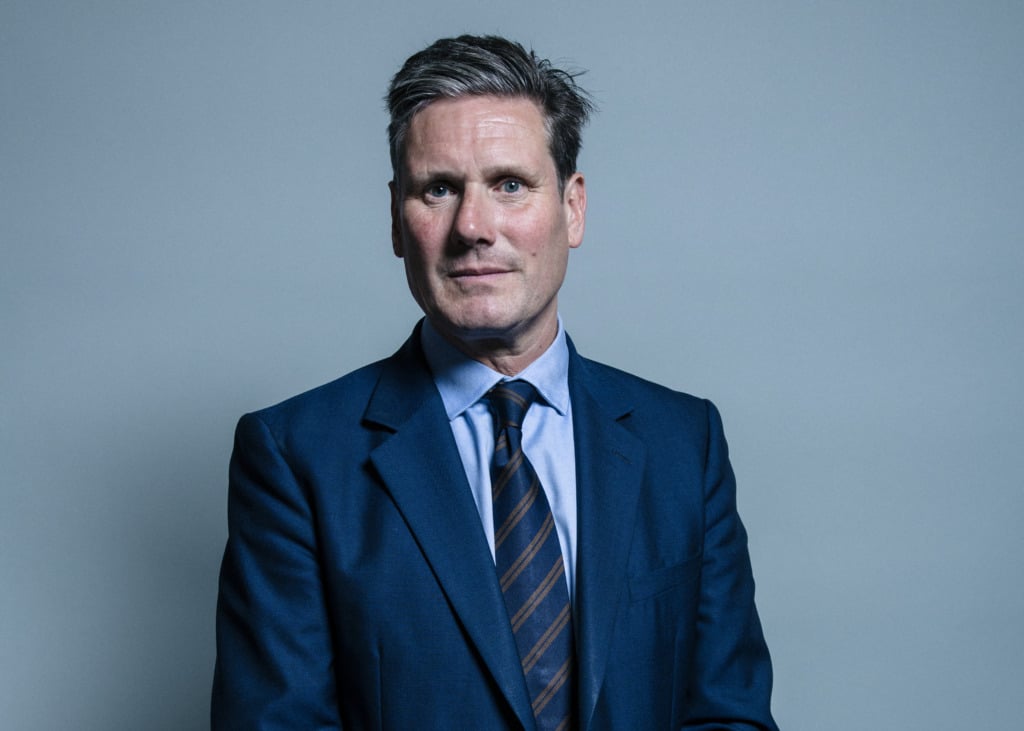Sir Keir Starmer’s support for renewable energy has been welcomed by the Association for Renewable Energy and Clean Technology (REA).
Speaking yesterday (5 January), the Labour Party leader highlighted how his party would target 100% clean power generation by 2030 as part of its “different approach” if it gained power.
“That mission builds on an opportunity – that clean British energy is nine times cheaper than imported fossil fuels. It’s backed by investment – public and private – in wind, solar, nuclear, hydrogen, green steel and carbon capture,” said Starmer within his New Year’s speech.
“It’s galvanised by reform: by Great British Energy, a new publicly owned company that will take this opportunity and turn it into good, secure, well-paid British jobs.
“And it’s driven by speed, and a long-term vision, that doesn’t back down when the going gets tough, when vested interests take you on over planning or trying to hold on to fossil fuels.”
He continued to add that early action would secure cheaper bills for both business and working people forever, giving the UK energy independence from “tyrants like Putin forever.”
Starmer first announced plans for the publicly owned energy company, dubbed Great British Energy in September during the Labour Party conference. If created, the company would offer a state-owned supplier option to the public, powered by British renewables.
Amy MacConnachie, director of external affairs at the REA welcomed Starmer’s prioritisation of investment in renewables energy, saying: “It is clear that investment and decision making in the sector has been woefully delayed over the last few years, and whichever party wins at the next general election must unlock the abundant potential of our clean technologies.
“Moving forward, the REA continues to urge all political parties to focus on delivering the investment we need to grow the renewable energy industry.”
Despite the wider challenges of recent years, the renewable energy sector has broadly gone from strength to strength in the UK. According to analysis from Imperial College London for Drax Electric Insights, Britain generated a record amount of renewable energy last year, generating 40% of the country’s electricity, up from 35% the previous year.
Indeed, just days into 2023 the share of low-carbon generation on the grid hit a record high, with 87.6% coming from renewables and nuclear during a period of windy weather on 4 January.
But with energy bills still remaining exceptionally high due to the record high cost of gas over the past year, the need to transition to domestic, low-cost energy as quickly as possible remains a core priority for the UK.
Elsewhere in his speech, Starmer criticised the de facto ban on onshore wind that has been in place in Britain, holding back the rollout of one of the cheapest forms of renewable energy available.
“Don’t get me wrong, nobody criticises the government for the effects of the war in Ukraine. But the war didn’t scrap home insulation. The war didn’t ban onshore wind. The war didn’t stall British nuclear energy,” said Starmer.
In December, following a well-received campaign from backbench MPs throughout 2022, the de facto ban on the development of onshore wind was lifted, a move celebrated by the energy industry.
There is now a reenergised push to roll out the technology, as it can be brought into operation much faster than alternative energy generation such as offshore wind. As such, it could provide a significant boon to the UK’s energy security and decarbonisation.
Starmer’s comments – which were echoed by the REA, which called for all political parties to prioritise investment and growth across renewable energy – follow a report from the Environmental Audit Committee yesterday that called on the government to go “further and faster” with the rollout of onshore wind.
It also called for a “war effort” in pushing energy efficiency measures such as insulation, as noted by Starmer. The number of UK energy efficiency installations has slowed in recent years. After peaking in 2012 at 2.3 million, it fell to just 100,000 upgrades in 2021.





